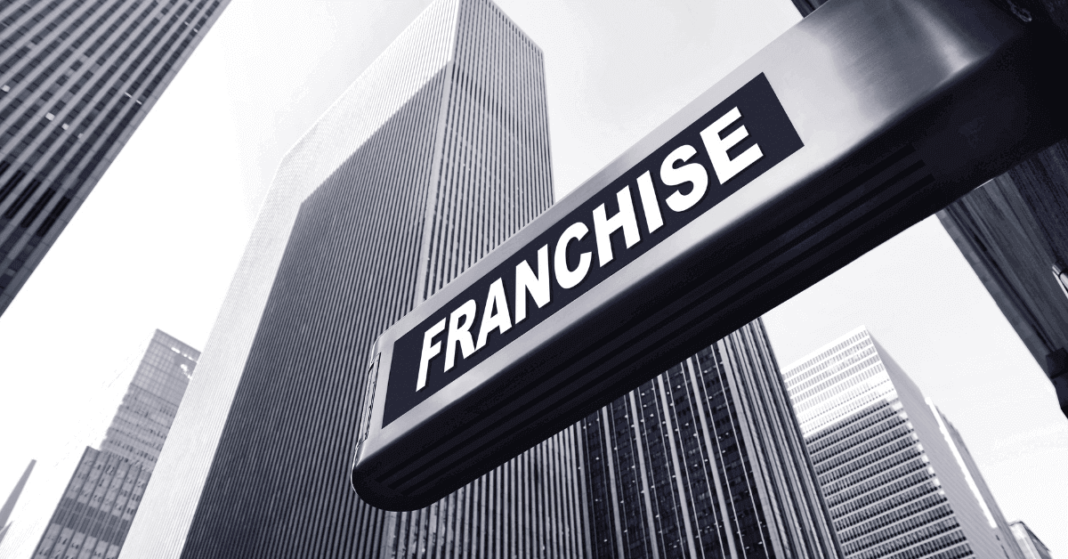The term franchise is used to describe a business relationship between a franchisor and a franchisee. The franchisor gives the franchisee access to a repository of knowledge and experience, including the whole business model. This means the franchisor can provide in-depth training programs, and operating manuals, as well as technical support and quality control to the franchisee. In other words, a franchise is an ongoing relationship between a franchisor and its franchisees.
The franchisor provides more confidential information to its franchisees than to employees, which is why franchisors require franchisees to sign confidentiality agreements. However, enforcing these agreements is not easy and can be costly. A franchisee usually purchases its goods from the franchisor. There is often no competition for the goods and services sold by the franchisee, but the franchisor can control the uniforms and sites of franchisees and can set prices.
In a franchise business, the franchisor sells its trademark and other proprietary information to the franchisee. This helps secure the rights to use the name and operating method of the franchisor. The franchisee is then required to duplicate the brand and offer the same service or products under the franchisor’s name and trademark. This is called a “franchise agreement.” The terms and conditions of the agreement will be spelled out in the contract between the franchisor and the franchisee.
A franchise can be a local, world-wide, or international market. This means that there are no boundaries in terms of territory, or ownership. Ultimately, a franchise can be considered either a legitimate or unauthorized franchise. The franchisor allows its franchisees to define their own business rules. In some jurisdictions, a franchisee may use their own staff or pay a collective advertising fee. In other jurisdictions, the franchisee is liable for all advertising expenses, while a franchisee has the right to choose not to advertise their business.
While the legal aspects of a franchise are important, there are some important differences between a franchise and an unauthorized franchise. A franchise is a type of business that is unauthorized. It does not include a single location or a single company. In some jurisdictions, a franchise is a division of a larger company. The franchisor and the franchisee can also own multiple locations. If there is a territory of the same brand, it is the franchisor.
In general, a franchise is a business where a franchisor controls the entire operations of a franchise. A franchise is a business that operates under the control of the franchisor. The franchisee owns and operates the location. The business is a separate entity, which does not have employees. A franchisor can only control the business if it is affiliated with a different entity. If a company owns a franchise, it will not have control over the property.
While a franchise is a business that is run by someone else, a franchise is a system that the franchisor has already created and maintains. The franchisee is given a license to use the franchisor’s brand name and processes. The franchisor will not make changes to the product or the way the franchisee sells it. This means the franchisee will be at the mercy of the franchisor.
The definition of a franchise differs by jurisdiction. A franchisee can own a franchise in any country. It is the only type of business that has a franchise agreement. In most cases, a franchise agreement is four years long and can be canceled at any time. In some jurisdictions, it is common for a franchisor to raise the terms of its corporate entity or to use a franchisor’s employees to distribute the product.
A franchisee may be able to sell a product or service that has been patented. If this is the case, the franchisor must provide the franchisee with the same quality of products and services. A franchise agreement is a legal contract, and the franchisor grants the franchisee the right to sell the product or service. In many cases, the franchisor’s intellectual property and know-how are the basis of a franchise.


